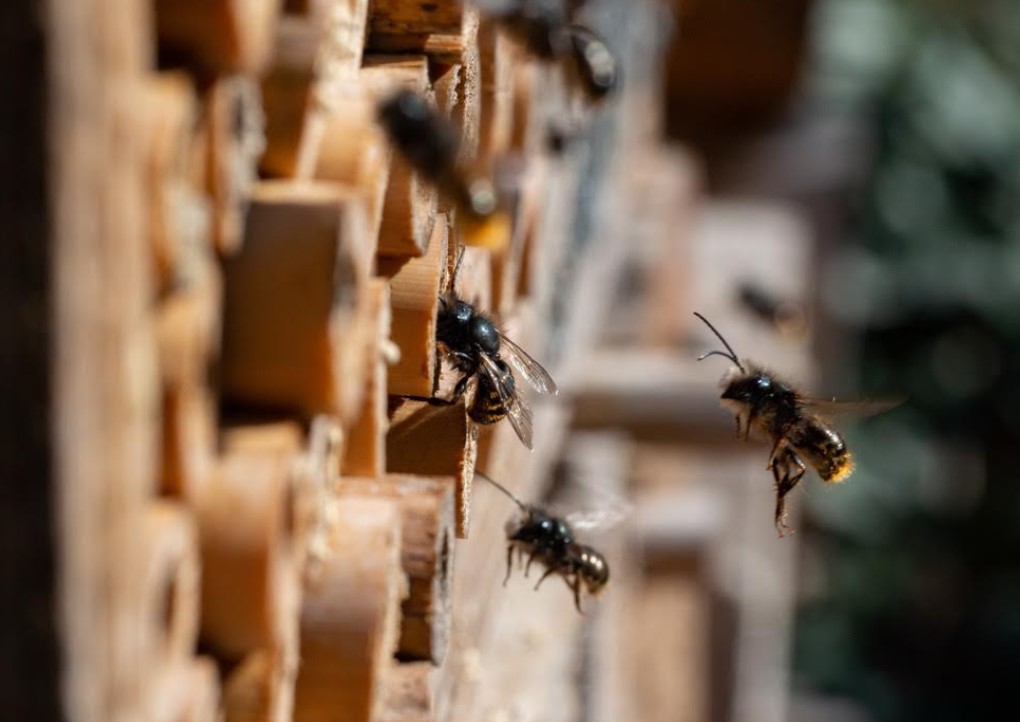The humble bee might not seem particularly important, but these insects are actually responsible for pollinating much of the food that humans eat. Without them, we would be in peril. Along with other pollinators, bees pollinate a third of what we humans eat. They are also an important part of the food chain. Without them, many of the plants that they pollinate would die off, followed by the animals that eat those plants. As you can see then, the survival of the bee is imperative. But why are we even talking about the importance of the bee?
Well, if you didn’t already know, many bee species are in danger, with three species of bumblebee already becoming extinct in recent years. According to the European Red List for Bees, one in ten species of wild bee are currently facing extinction. Sadly, it is mostly the actions of humans that have resulted in this existential threat to the bee.
The way in which we farm with pesticides and herbicides, as well as the development of land we cultivate, has directly affected a variety of bee species. So, is there anything we can do about this?
How to Help the Bee
Bee conservation has as you might imagine become a particularly important topic in recent years. As increasingly more people realize the importance of the bee and the way in which our actions have negatively affected them, the issue of saving this creature has been highlighted.
Charity organizations around the world are doing what they can to reduce the threat to the bees. Companies such as Project Honey Bees are selling products such as bee pins and, having teamed up with Cornell’s College of Agriculture and Life Sciences, are donating proceeds from each purchase to help fund research into worthy causes such as bee repopulation.
But individually, we can help too. There are many ways in which we can do our own bit for bee conservation. On an individual level, it might start with making a bee-friendly garden. If you have the space, consider planting a range of bee-friendly flowers that will bloom in spring and summer. Even those who live in apartments can do their bit by planting flowers in window boxes or planters on a balcony.
Another way to help the bees is by switching to organic produce, which has been grown without any pesticides or other chemicals. While you are making the switch to organic, only buy locally produced sustainable honey. Farmer’s markets are a great place to get delicious, organic produce and honey.
Solitary bees can also benefit from a simple bee hotel. This is something that you can buy online or even make yourself. Bee hotels provide a suitable place for solitary bees to nest if their habitat has been destroyed for commercial or residential development. Typically made using hollow canes such as bamboo tubes tied together with string, the bee hotel can offer a safe space for a solitary bee to lay eggs.
Conclusion
Bee conservation is important work and will ultimately prevent a global food shortage. It is hard to know exactly what impact bee extinction would have, but because of the role they play in pollinating a third of the global food supply, it is estimated that there would be a major crisis were they to become extinct.
It is up to humans to ensure the survival of the bee. While charity organizations are working hard to regenerate land and provide the necessary habitats, we can do our bit too. The more people who plant bee-friendly plants, the more pollen they will have to feed to their young, thus ensuring their survival.

